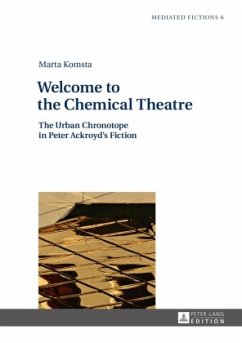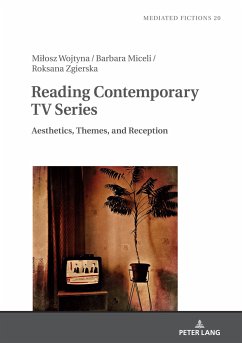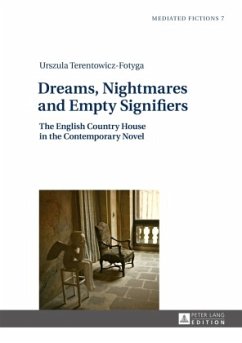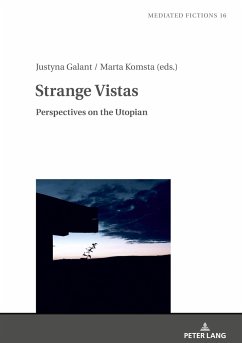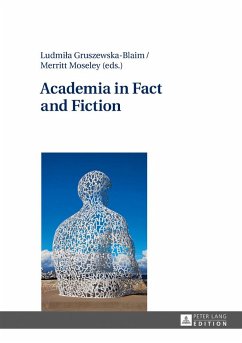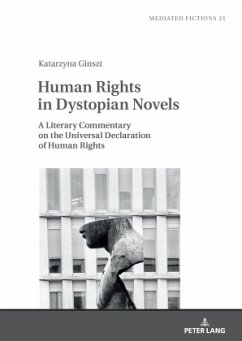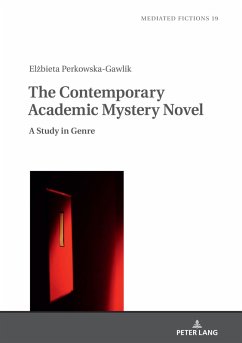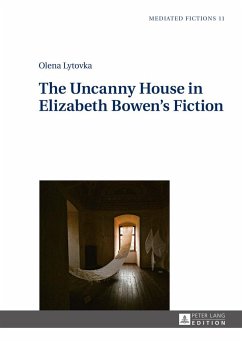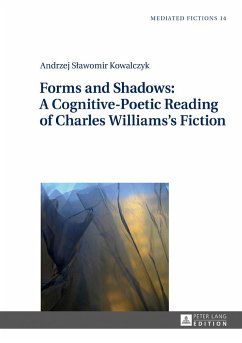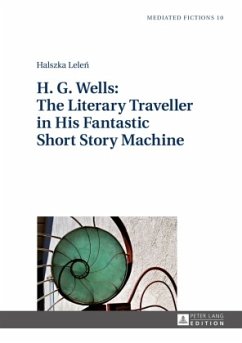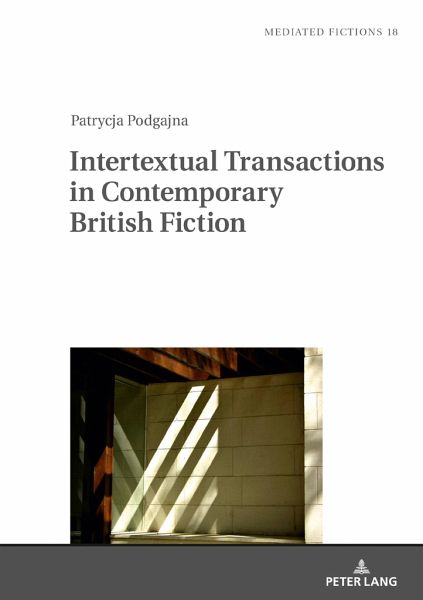
Intertextual Transactions in Contemporary British Fiction
Versandkostenfrei!
Versandfertig in 6-10 Tagen
55,60 €
inkl. MwSt.

PAYBACK Punkte
0 °P sammeln!
This study focuses on presenting the techniques of reworking and incorporating intertextual material into contemporary British fiction. Analysing emblematic intertextual strategies: adaptation, pastiche, transworld identity, and historiographic metafiction, the study provides a good insight into how the intertextual impulse can be inscribed not only in the structure and semantics of a given text but also in the narrative plane. Adopting Gerard Genette's and Boris Uspensky's theoretical models, the book aims to demonstrate how the discussed intertextual strategies transform a source text, genre...
This study focuses on presenting the techniques of reworking and incorporating intertextual material into contemporary British fiction. Analysing emblematic intertextual strategies: adaptation, pastiche, transworld identity, and historiographic metafiction, the study provides a good insight into how the intertextual impulse can be inscribed not only in the structure and semantics of a given text but also in the narrative plane. Adopting Gerard Genette's and Boris Uspensky's theoretical models, the book aims to demonstrate how the discussed intertextual strategies transform a source text, genre, or literary component and how these creative decodings function on different planes of a literary text.





